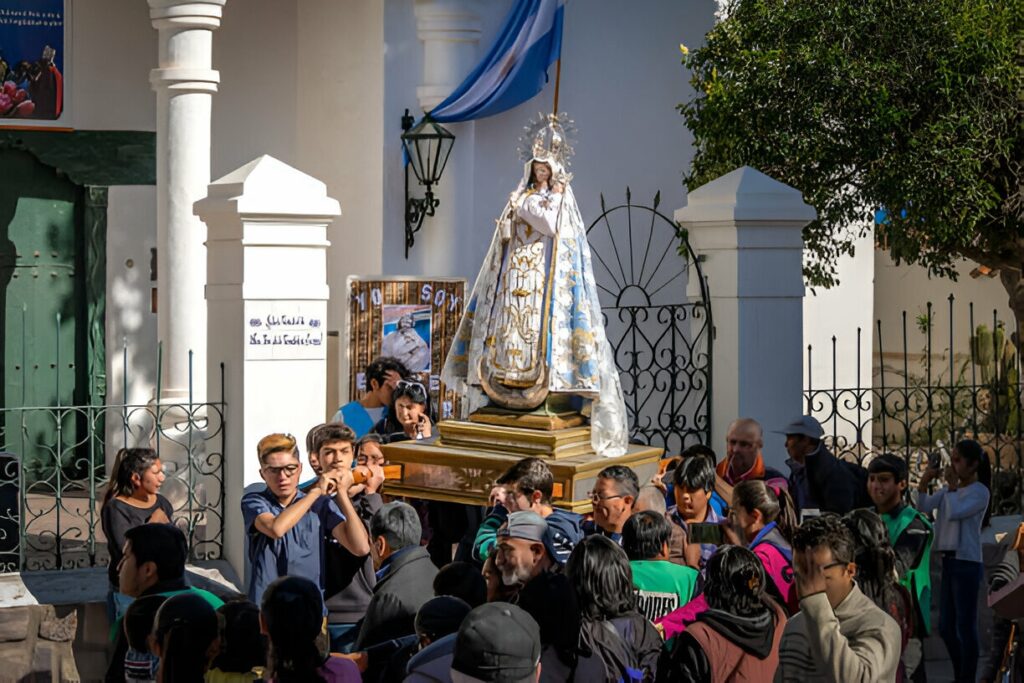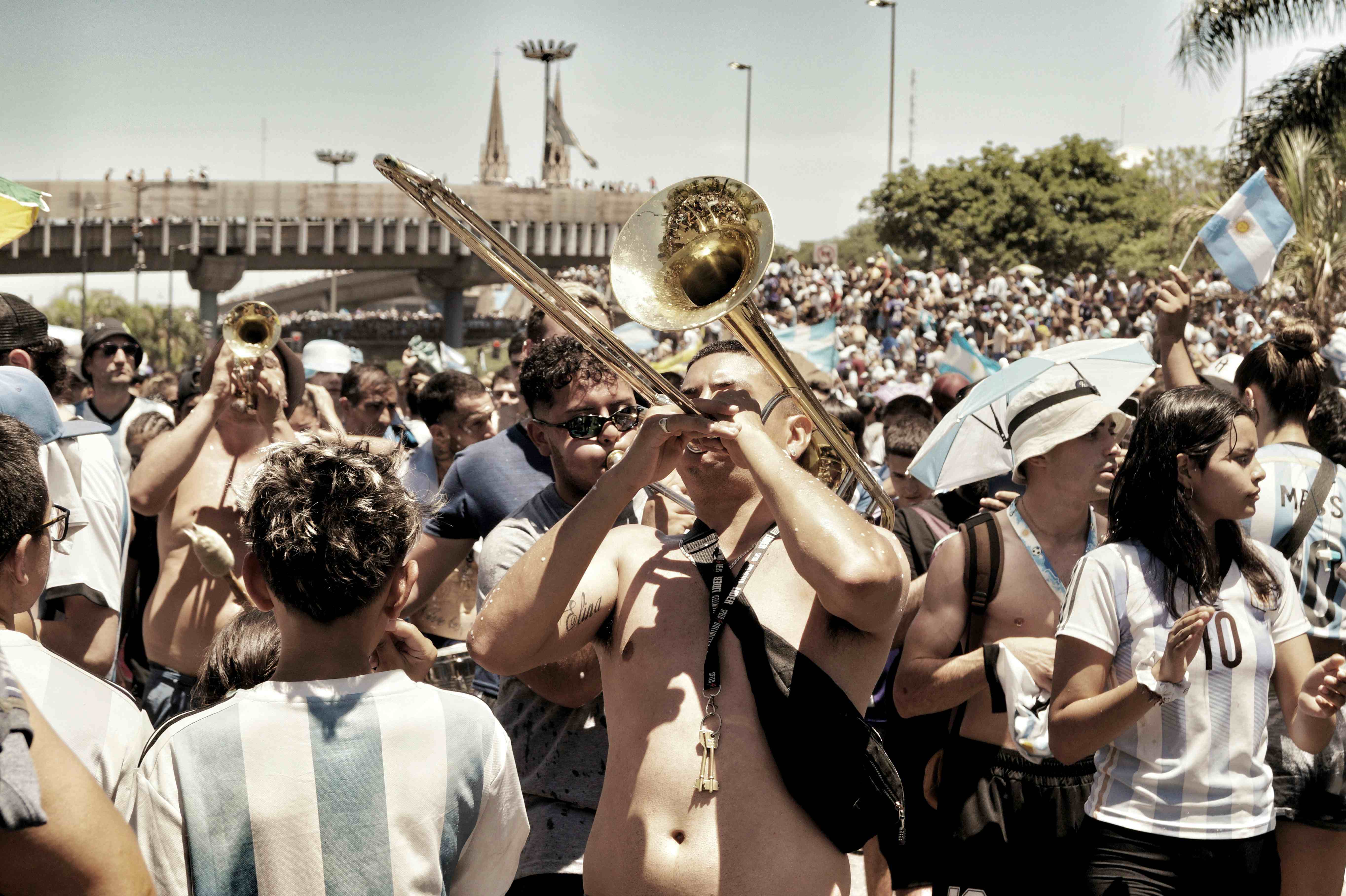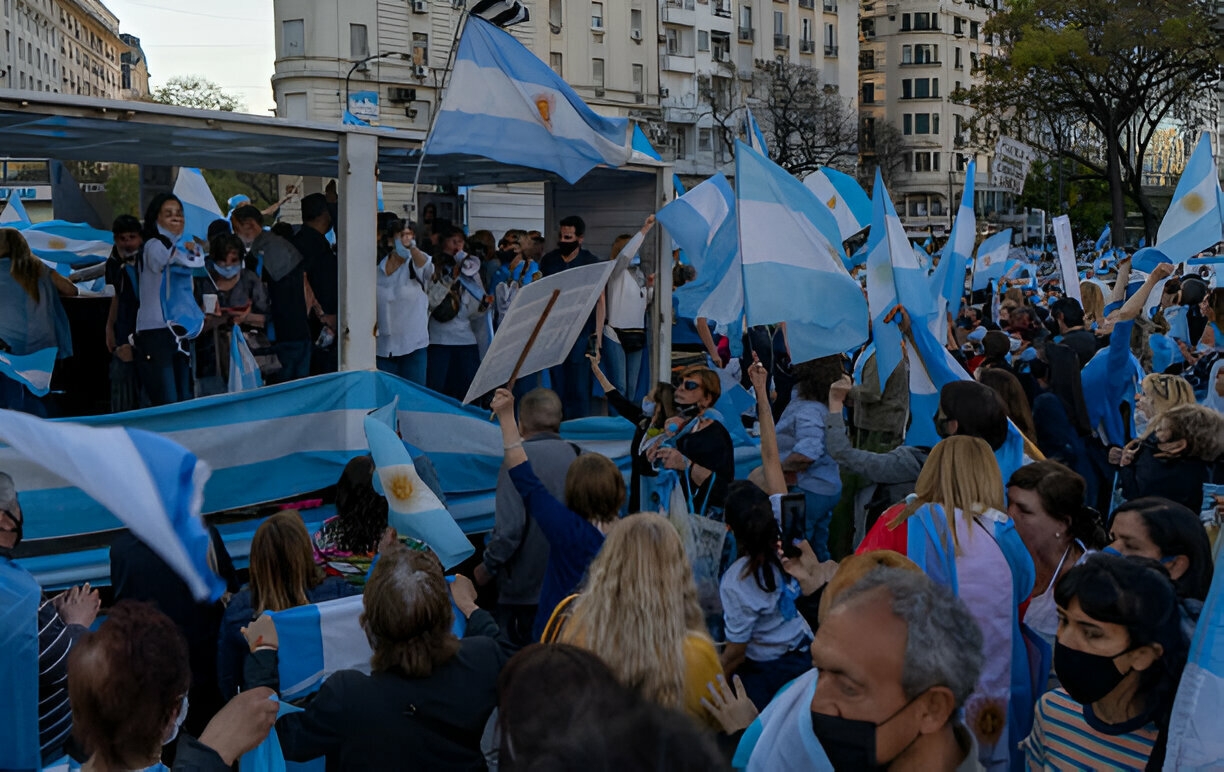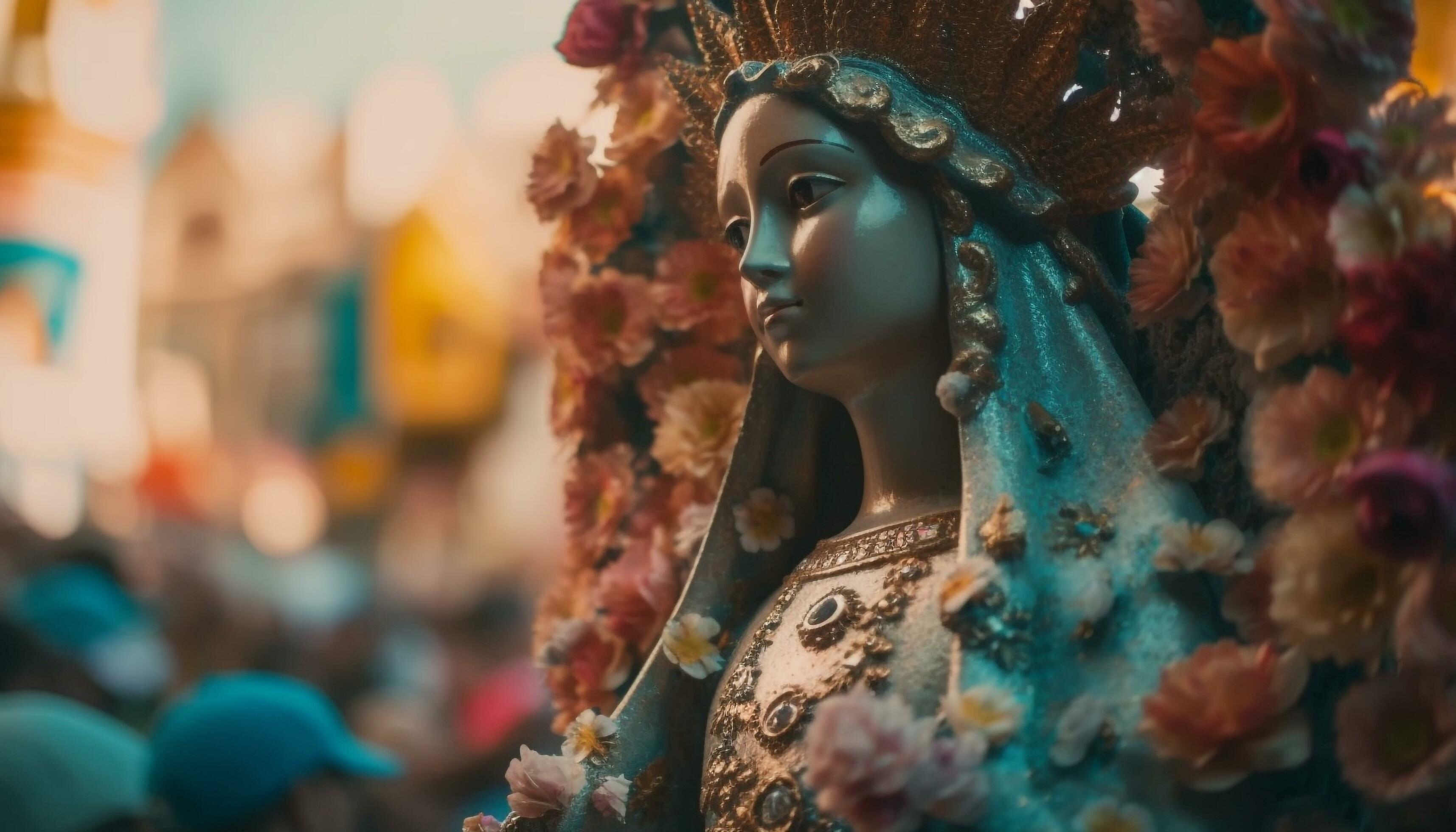Welcome to Journeeo
Discover the key traditional celebrations in Argentina and their dates. Explore the rich cultural heritage of Argentina through its vibrant festivals and holidays.
Argentina, a country known for its passionate culture, vibrant music, and delicious cuisine, also boasts a rich calendar of traditional celebrations and festivals. These events are a reflection of the country’s diverse heritage and offer a unique insight into the Argentine way of life. From lively carnivals to solemn commemorations, here are some of the key traditional celebrations in Argentina and their dates.
1. Carnaval
Overview
Carnaval is one of the most vibrant and widely celebrated festivals in Argentina, marked by lively parades, music, dancing, and elaborate costumes. While Carnaval is celebrated across the country, the festivities in Gualeguaychú, Corrientes, and Buenos Aires are particularly famous.
Date
Timing: Carnaval typically takes place in February or early March, culminating in the days leading up to Ash Wednesday.
Highlights: Parades with elaborate floats, samba dancing, and street parties.
2. Día de la Independencia (Independence Day)

Overview
Argentina’s Independence Day, known as Día de la Independencia, commemorates the country’s declaration of independence from Spain in 1816. This day is celebrated with patriotic fervor, featuring parades, concerts, and various cultural events.
Date
Date: July 9
Highlights: Military parades, concerts, fireworks, and traditional foods like empanadas and locro.
3. Día de la Tradición (Day of Tradition)

Overview
Día de la Tradición is dedicated to celebrating Argentine culture, particularly the traditions of the gauchos (Argentine cowboys). It is a day to honor the customs, music, dance, and folklore of the country.
Date
Date: November 10
Highlights: Gaucho parades, folk music and dance performances, traditional food, and rodeo events.
4. Semana Santa (Holy Week)

Overview
Semana Santa, or Holy Week, is a significant religious observance in Argentina, marked by various events and processions leading up to Easter Sunday. It is a time for reflection, prayer, and celebration of the Christian faith.
Date
Timing: The week leading up to Easter Sunday, typically in March or April.
Highlights: Religious processions, church services, and special meals.
5. Día del Amigo (Friend’s Day)

Overview
Día del Amigo is a unique Argentine celebration dedicated to friendship. It is a day when people come together with their friends to celebrate the bonds of companionship and camaraderie.
Date
Date: July 20
Highlights: Gatherings with friends, parties, and exchanging of gifts and messages.
6. Fiesta Nacional de la Vendimia (National Grape Harvest Festival)

Overview
The Fiesta Nacional de la Vendimia, held in the Mendoza region, is one of Argentina’s most important and traditional festivals. It celebrates the grape harvest and the winemaking heritage of the country.
Date
Timing: The main events take place in early March, but celebrations start in January and continue until the end of March.
Highlights: Parades, the Blessing of the Fruits, the election of the Harvest Queen, wine tastings, and concerts.
7. Día de la Revolución de Mayo (May Revolution Day)

Overview
Día de la Revolución de Mayo commemorates the May Revolution of 1810, which led to the independence movement in Argentina. This national holiday is marked by patriotic displays and celebrations.
Date
Date: May 25
Highlights: Military parades, speeches, cultural performances, and traditional dishes like empanadas and pastelitos.
8. Fiesta Nacional del Folklore (National Folklore Festival)
Overview
Held in the town of Cosquín, the Fiesta Nacional del Folklore is a celebration of Argentine folk music and dance. It is one of the largest and most important folklore festivals in the country.
Date
Timing: The festival typically takes place in late January and early February.
Highlights: Performances by folk musicians, dance shows, artisan fairs, and workshops.
9. Día de la Virgen de Luján (Feast of Our Lady of Luján)

Overview
Día de la Virgen de Luján honors the patron saint of Argentina, the Virgin of Luján. Pilgrims from across the country travel to the Basilica of Luján to pay homage and participate in religious ceremonies.
Date
Date: May 8
Highlights: Pilgrimages to the Basilica of Luján, religious services, and cultural events.
10. Día del Respeto a la Diversidad Cultural (Day of Respect for Cultural Diversity)

Overview
Previously known as Día de la Raza, this day is now celebrated as a day to respect and honor the cultural diversity of Argentina, reflecting the nation’s multicultural heritage.
Date
Date: October 12
Highlights: Cultural events, educational activities, and celebrations of Argentina’s diverse communities.
Conclusion
Argentina’s traditional celebrations are a vibrant reflection of its rich cultural heritage and diverse history. From lively carnivals and patriotic holidays to religious observances and cultural festivals, these events offer a unique insight into the Argentine way of life. Whether you’re joining in the festivities of Carnaval, celebrating Independence Day, or experiencing the National Grape Harvest Festival, these celebrations provide unforgettable experiences and a deeper understanding of Argentina’s traditions and values.
Some of the most important traditional celebrations in Argentina include Carnaval, Independence Day (Día de la Independencia), Day of Tradition (Día de la Tradición), Holy Week (Semana Santa), and the National Grape Harvest Festival (Fiesta Nacional de la Vendimia).
The best time to visit Argentina to experience its traditional celebrations depends on the specific event you wish to attend. Key celebrations such as Carnaval and the National Grape Harvest Festival take place in February and March, while Independence Day is celebrated in July. Plan your visit according to the festival you are most interested in.
Unique aspects of Argentine traditional celebrations include the vibrant and elaborate parades of Carnaval, the gaucho traditions celebrated on the Day of Tradition, and the rich winemaking heritage showcased during the National Grape Harvest Festival. Additionally, Argentina’s celebrations often feature traditional music, dance, and cuisine, reflecting the country’s diverse cultural heritage.
